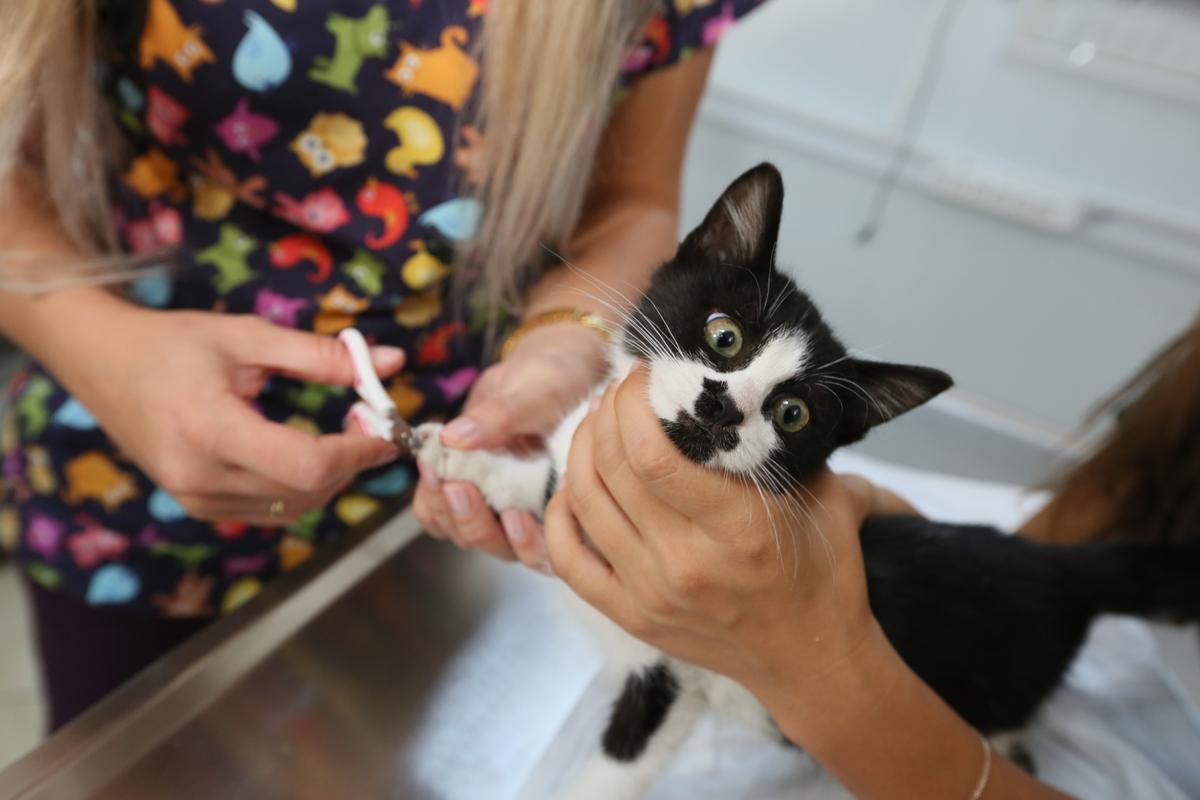
Cats can be wonderfully affectionate, but when it comes to their paws, many exhibit a strong preference for keeping them untouched. This behavior can be attributed to a combination of physiological factors, instinctual responses, and past experiences. Let’s delve into the reasons behind why many cats resist having their paws touched.
High Sensitivity and Nerve Endings:
Cats’ paws are incredibly sensitive due to the high concentration of nerve endings. These nerve endings are finely attuned to touch, pressure, and texture. When you touch a cat’s paws, they may react by pulling away, swatting, or even biting to avoid the sensation, as it can be quite overwhelming for them.
Defense Mechanism and Vulnerability:
Cats’ paws are equipped with retractable claws, which are their primary defense mechanism. When you touch their paws, especially when you hold them, you neutralize this defense. From a cat’s perspective, this can make them feel vulnerable and trapped. This reaction is a natural instinct rooted in their survival mechanisms, causing them to react defensively by biting or pulling away.
Past Trauma or Negative Associations:
In some cases, a cat’s aversion to having their paws touched may stem from past negative experiences. If a cat has endured a traumatic event, such as a painful nail trimming session or an accidental injury involving their paws, they may develop a fear or resistance to any touch in that area. This association can linger, leading to their defensive response when their paws are approached.
Gentle and Gradual Approach:
It’s essential to approach your cat’s paws with patience, gentleness, and respect. If your cat is particularly sensitive or resistant, it’s advisable to gradually introduce touch by offering positive associations. Pair touching their paws with treats, affection, and calm interactions. Over time, this can help your cat become more comfortable with paw handling.
In conclusion, a cat’s aversion to having their paws touched is a combination of their natural sensitivity, instinctual responses, past experiences, and the unique dynamics of trust and bonding. By understanding their perspective and approaching their paws with care, you can foster a more comfortable and positive relationship with your feline friend.